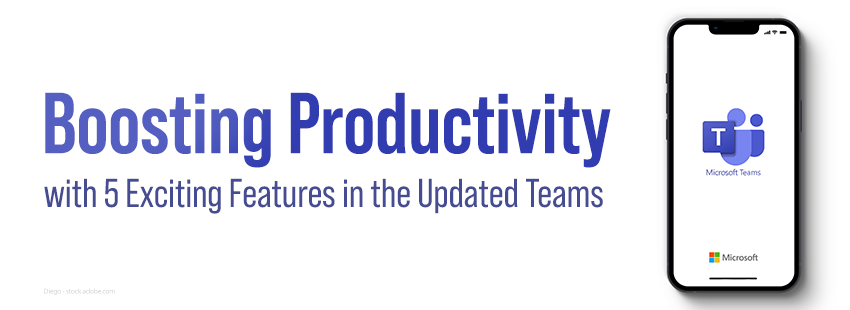If you’re not a digitally savvy business, what are you waiting for? Only 15 percent of companies believe they are today. Suppose the majority of businesses want to remain competitive in their markets. In that case, they may want to start thinking about how technology-fueled experiences, operations, products, and ecosystems can impact them for the better.
Cambridge, MA-based market research firm Forrester recently released a report centered around the advantages digitally savvy businesses have heading into the new year.
Here are some of the advantages Forrester’s analysts highlighted in the report.
Remote work will rise significantly, and it will become an expectation
While not all business leaders agree, remote work is here to stay. As expected, the COVID-19 pandemic initially forced many businesses to adapt by shifting to remote work. Many executives have learned that employees can be productive at home during the world’s largest work-from-home experiment, especially with the right tools in place.
With this in mind, it shouldn’t be a surprise that Forrester believes remote work will rise to 300 percent of pre-COVID-19 levels. “Most companies will employ a hybrid work model, with fewer people in the office and more full-time, remote employees,” the firm said in its report. Additionally, in the future, more employees will “expect a work-from-anywhere strategy from their company rather than an exception-driven remote-work policy.” Having a remote work strategy in place is critical in 2021.
It’s all about having a cloud-first strategy
You’ve been hearing about cloud computing for years (you may have recently purchased some cloud-based platforms), but “In 2021, 30 percent of firms will continue to accelerate their spend on cloud, security and risk, networks, and mobility — including struggling firms looking to leapfrog and gain advantage coming out of the pandemic,” according to the research firm. Businesses without a cloud-first strategy in place in 2021 will fall significantly behind. The world is quickly changing, and cloud-based technology is indeed playing a significant role in this transformation.
The rising concern surrounding employee privacy infringements
Especially during the COVID-19 pandemic, business leaders are collecting as much data on their employees as possible to determine where they can increase employee productivity and improve the lives of their employees.
To achieve their HR goals and objectives, organizations are delving into the data collected by their workforce analytics solutions, enabling them to make better decisions concerning their employees. There are plenty of business executives who agree. The workforce insights and analytics market is expected to reach $1831.13 million by 2025, according to a report published by Mordor Intelligence. While HR’s shift to relying more on workforce analytics isn’t necessarily bad for businesses, there are some serious privacy concerns.
Collecting, analyzing, and sharing employee data has always been an issue in courts in the U.S. and elsewhere, and it’s only going to get worse. Regulatory and legal activity related to employee privacy infringements will double in 2021, according to Forrester’s report. With the increasing focus on workforce analytics, pay close attention to how new laws and regulations will impact your business.
While many companies aren’t already digitally savvy, you may be. If you’re not, you’re going to need to be if you want to remain competitive in your market.





